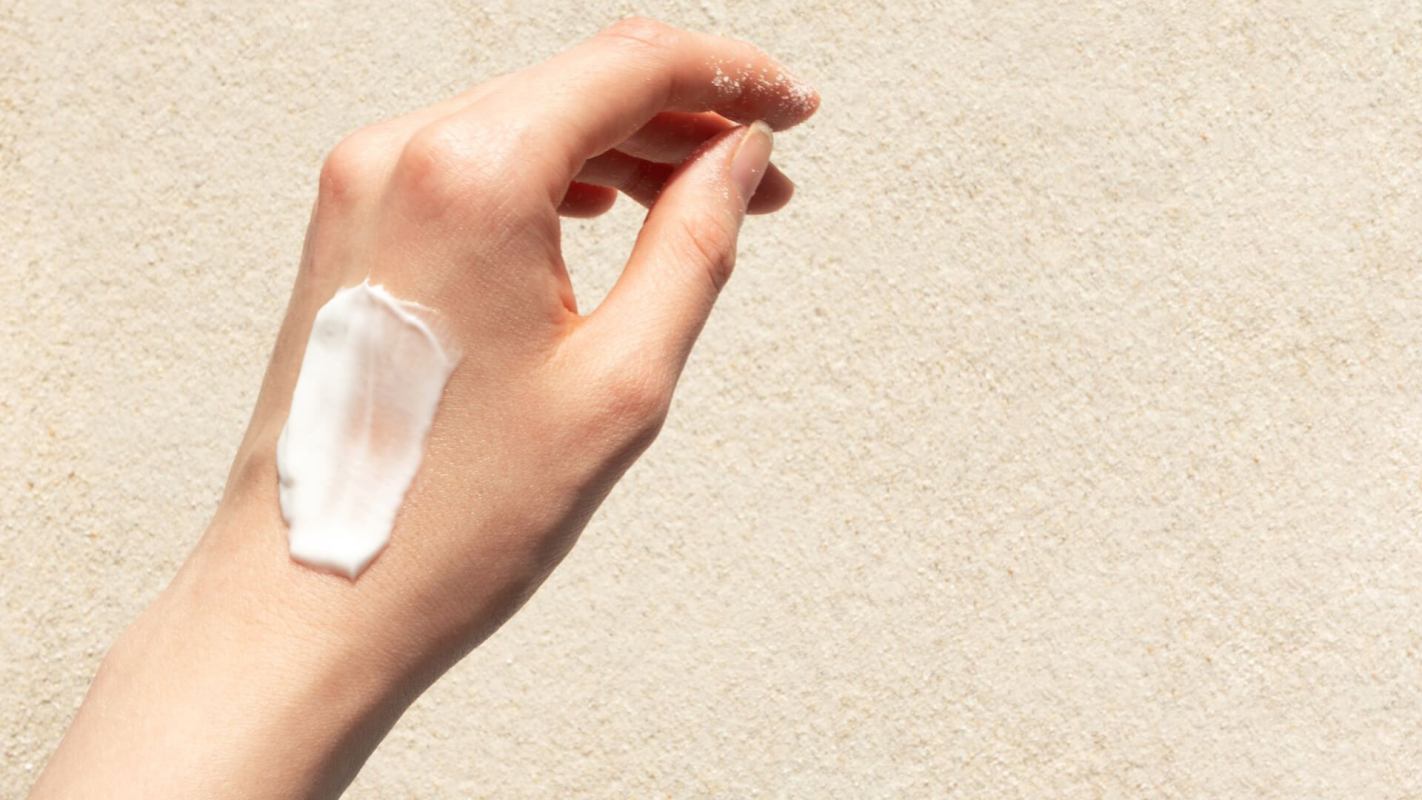As the short winter days carry on, many of us are probably fantasizing about luxuriating in the warm sunshine.
But, as with many things in life, sunshine is best approached with a safety-first mindset. Without appropriate care, the sun can pose a big risk to your skin and health, resulting in blisters, burns, or skin cancer.
The American Academy of Dermatology (AAD) says that skin cancer is the most common type in the U.S. with one in five Americans developing some type of skin cancer in their lifetime.
Skin cancers, including melanoma, result from natural and artificial ultraviolet (UV) light exposure. That includes both tanning beds and sunlight. The best way to reduce your risk is to use sunscreen protection when outdoors.
The difference between chemical and mineral sunscreens
With so many sunscreen options available, how do you choose the best one?
First, it's crucial to understand the difference between chemical and mineral sunscreens. Both help protect your skin from the sun's harmful rays, but beyond that, they are quite different.
Chemical sunscreens serve as a barrier to the skin, but they do not block UV rays, Instead, these lotions or creams allow UV light to reach the skin, and the chemicals initiate a reaction that converts the rays into heat and which can then dissipate from the skin.
Mineral sunscreens, on the other hand, contain ingredients like zinc oxide and titanium dioxide. These options reflect UV rays, stopping them from penetrating skin cells. Mineral sunscreens require about 15 minutes to set into the skin and are widely considered safe.
Good for your skin, good for the planet
The U.S. Food and Drug Administration (FDA) regulates sunscreen and has proposed an update to regulatory requirements to help consumers make healthy choices.
While the FDA has not labeled any sunscreens as unsafe, they have observed that certain chemicals are absorbed into the bloodstream through the pores at higher rates than are observed for safety in chemical options. Another +1 for mineral sunscreens!
In addition to making a healthy choice for your skin and body, it's also important to consider the environmental impact of the products you choose. Once the lotion is applied, it has to come off at some point. Some of it is absorbed into your skin and bloodstream, and some is washed off in the sea, lake, or shower.
Ultimately, mineral sunscreens are a healthier choice for both you and the Earth. Even "reef-friendly" options may not be, as the labeling is not currently regulated, meaning residue from chemical sunscreens may cause sea creatures and reefs to choke on chemicals, fragrances, and other ingredients. The least we can do is keep them safe and say thank you for letting us splash around in their home.
Join our free newsletter for easy tips to save more, waste less, and help yourself while helping the planet.









